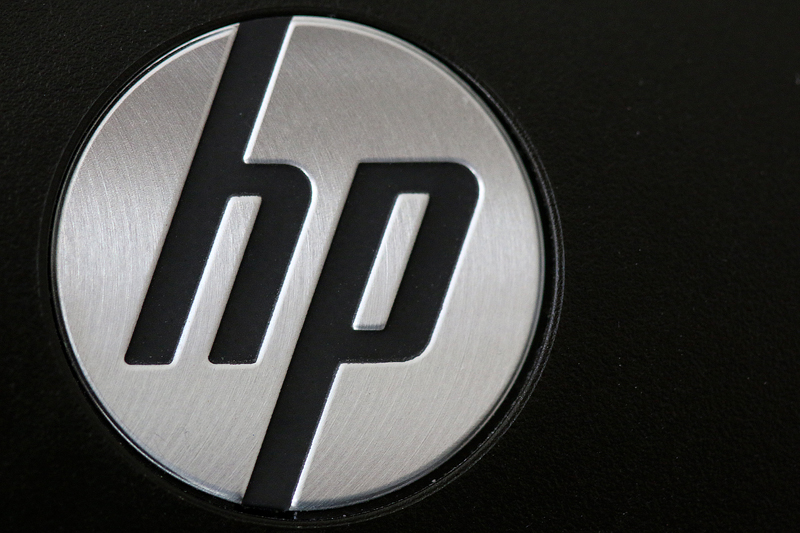If you travel with certain notebook computers or mobile workstations manufactured by Hewlett-Packard, note that a voluntary safety recall and replacement program has been announced pertaining to batteries for those electronic devices, which have the potential to overheat and pose a fire and burn hazard to their owners and users.
Hewlett-Packard Announces Battery Safety Recall and Replacement Program
Customers cannot replace the affected batteries themselves, as they are internal to the systems of those electronic devices — which means that Hewlett-Packard is providing battery replacement services by authorized technicians at no cost.
Hewlett-Packard is also providing a BIOS update which places the battery in what is known as Battery Safety Mode so that the notebook or workstation may be used safely without the battery by connecting the electronic device to a power adaptor. Batteries which are affected by this recall should immediately be put into Battery Safety Mode.
Notebook Product Names for Batteries Which May Be Affected
If you own, have or use at least one of the products listed below which were sold worldwide from December 2015 through December 2017 and are affected by this recall, you are encouraged to validate all batteries shipped with the notebook computer, purchased as accessories, or provided as replacements through Hewlett-Packard or an authorized service provider.
| ProBook | HP Probook 640 G2 | HP ProBook 640 G3 |
| HP ProBook 645 G2 | HP ProBook 645 G3 | |
| HP ProBook 650 G2 | HP ProBook 650 G3 | |
| HP ProBook 655 G2 | HP ProBook 655 G3 | |
| ZBook | HP ZBook 17 G3 | HP ZBook 17 G4 |
| HP ZBook Studio G3 | ||
| x360 | HP x360 310 G2 | |
| Pavilion | HP Pavilion x360 | |
| Envy | HP ENVY m6 | |
| 11 | HP 11 Notebook PC |
The HP ZBook Studio G4 is compatible — but not shipped — with the affected batteries.
Summary
The compromise of safety due to batteries in general is not new. One of the most widely known recalls was that of Samsung Galaxy Note7 devices back in September of 2016 due to fires from which batteries were the source. Governments worldwide issued warnings to owners and users of these devices; and many airlines around the world banned these devices from being brought aboard their airplanes.
An antitrust settlement which was reached in litigation in which affected owners of many types of electronic devices which used lithium-ion batteries may have been eligible for their share of $44.95 million was available to anyone who submitted a claim by Wednesday, November 29, 2017 at 11:59 in the evening Pacific Standard Time.
Even the fleet of Boeing 787 “Dreamliner” airplanes suffered from lithium battery issues when it was first placed into service — such as when a battery fire occurred in January of 2013 at Logan International Airport in Boston, which prompted the Federal Aviation Administration to ground the entire fleet of Boeing 787 “Dreamliner” aircraft worldwide for months — and greater than $600 million dollars was spent before the worldwide fleet of Boeing 787 “Dreamliner” aircraft was permitted to fly again in April of 2013…
…but problems still continued to plague the fleet of aircraft. For example, a maintenance crew at Narita Airport reportedly discovered white smoke and an unidentified liquid emanating from the main battery of a Boeing 787 “Dreamliner” aircraft in January of 2014 — supposedly two hours before it was to depart from Tokyo to Bangkok with 158 passengers.
Thankfully, those problems with lithium batteries have not seemed to plague the fleet of Boeing 787 “Dreamliner” airplanes lately — but safer and faster batteries which last longer and are more efficient would always be welcomed.
In the meantime, using electronic devices with the batteries affected by this recall is unsafe enough — but using them aboard an airplane during a flight could be potentially dangerous. Ensure that you remedy the issue as soon as possible if your product is affected by this recall.
Photograph ©2018 by Brian Cohen.
